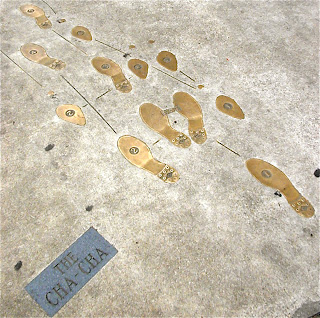
Perhaps you are on the social media website LinkedIn. Do you have recommendations? Have you gotten a request from a coworker, friend or colleague asking you to write a recommendation for them? How easy was that? How hard was that?
Everyone is worth recommending for something. The coworker who is the office cutup and makes everyone laugh, worth recommending for not taking work too seriously. The colleague who arrives on time for work, for every meeting, for appointments and leaves on time is worth recommending for punctuality. The friend who always has an excuse for not being able to help out when in need worth recommending for creativity. How about the coworker who never is to blame for mistakes, problems or failure worth recommending for being perfect. How about the colleague who critiques, who finds fault, and who whines about everyone and everything, worth recommending for an eye for detail. There is the always vocal and opinionated friend who is worth recommending for being knowledgeable. The colleague who is always talking, never silent maybe worth recommending for used car sales.
Are you worth being recommended? For what should you be recommended?
Can you be recommended as someone who goes the extra mile, who does the unexpected, who can be counted on in the good times and the bad times?
Can you be recommended as someone who takes ownership for their mistakes, who learns from failure and makes herself more valuable to the team?
Can you be recommended as someone who is self-assured and gives credit to others when success occurs?
Can you be recommended as someone who makes life just a little bit easier to live, a joy to be around, a person who knows your faults and accepts you just for who you are?
Can you be recommended as a confidant, someone who has integrity, someone who is ethical, someone who walks-their-talk?
Can you be recommended as someone who is imperfect, has flaws, accepts themselves just as they are and continues to be a work in progress?
What will you be recommended for?

